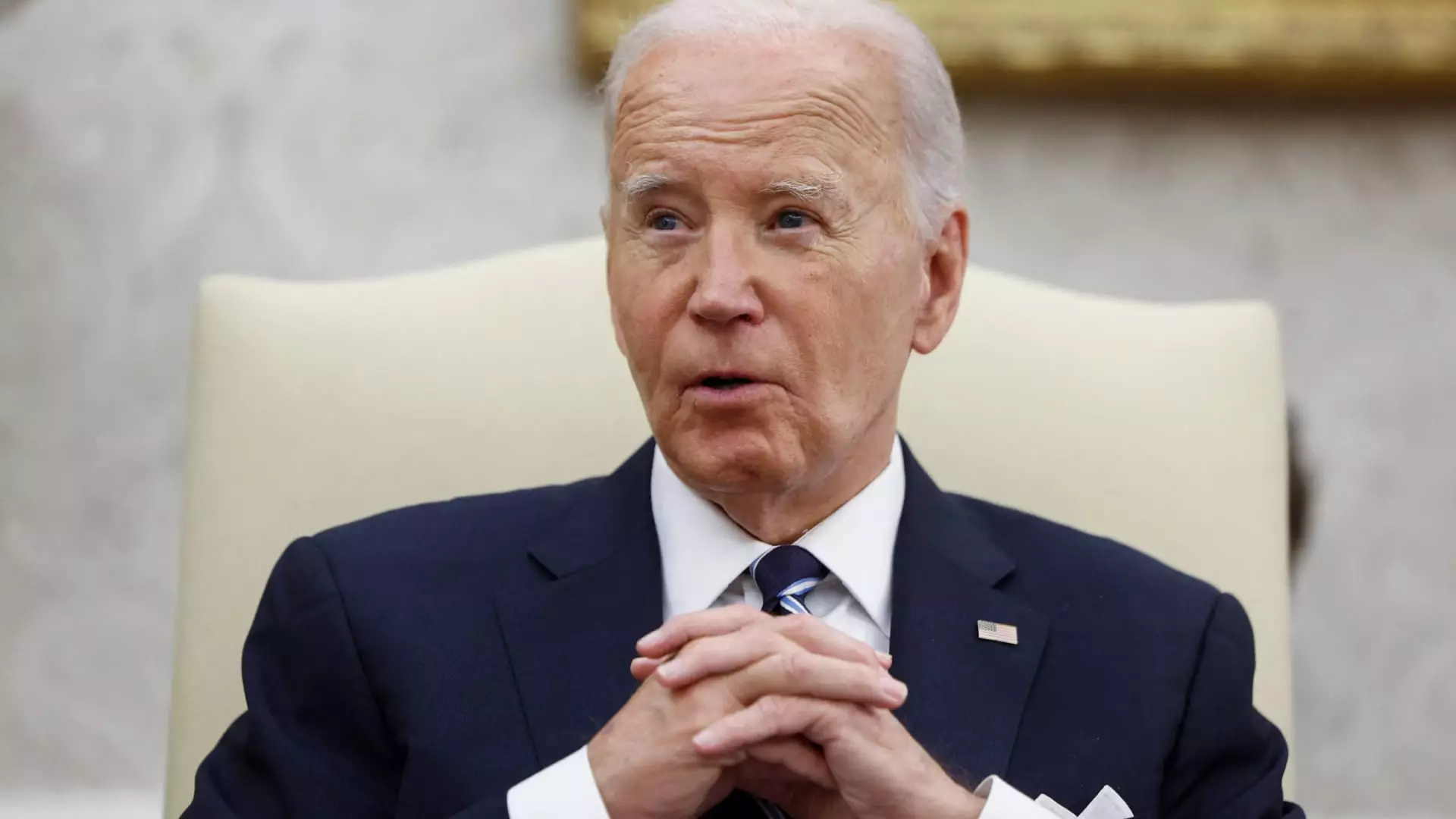As the United States prepares for another election cycle, federal lawmakers have managed to stave off a government shutdown for the moment, but the threat looms ominously ahead. With the election just around the corner, Congress faces an impending funding crisis that could disrupt government operations right before the holidays. This precarious situation highlights the deep divides in American politics and offers a crystal-clear portrait of the challenges ahead for the new Congress and president as they settle into office in the coming year.
In order to fund federal agencies for the fiscal year 2025, lawmakers must come together to negotiate and pass 12 appropriations bills. However, their timeline is severely strained. With only five weeks allocated for congressional sessions between Election Day and the end of December, the countdown has started for these critical negotiations. Hence, the reality of reaching agreements on each of the appropriations bills seems increasingly unlikely. Historically, such time constraints have resulted in rushed legislation characterized by last-minute changes and compromises that ultimately appease neither side.
If progress stalls, Congress might resort to a familiar pattern seen in previous budgetary disputes. A “catchall omnibus” spending package could emerge as the primary solution, bundling together various budget allocations into one larger bill. Alternatively, lawmakers may opt for a continuing resolution (CR) to temporarily extend funding into the new year without addressing the underlying fiscal issues. This would only serve to delay action, leaving the new Congress to grapple with unresolved budgetary matters upon taking office.
House Speaker Mike Johnson has declared a commitment to avoiding the traditional end-of-year omnibus bill, asserting, “We are not going to return to the Christmas omnibus spending tradition.” However, this proclamation lacks conviction, as the divided nature of the current Congress raises doubts about the feasibility of such a claim. Johnson’s ability to control the dynamics within his party, particularly with a slim majority, is limited. This reality presents significant challenges when attempting to unite differing factions amid the budgetary negotiations.
Moreover, Democratic lawmakers, particularly from within the Appropriations Committee, remain skeptical about the speaker’s declarations. Representative Debbie Wasserman Schultz remarked on the speaker’s “lines in the sand,” questioning his authority given the necessity of bipartisan cooperation to push any meaningful legislation through. Her insights highlight the ongoing need for collaboration and compromise, especially as the political landscape shifts post-election.
The current environment is heavily influenced by the political posturing and strategic maneuvers that both parties engage in. The stark divisions within Congress have made it more likely for the minority party, in this case, the Democrats, to play critical roles in passing essential legislation. Such dynamics have led to a recurrent pattern of reliance on Democratic support to move legislation forward, which raises questions about the efficacy of Republican leadership in the House.
Chairman Tom Cole of the House Appropriations Committee expressed optimism about the potential for bipartisan agreement to circumvent a government shutdown. However, this optimism hinges heavily on the outcomes of the impending election. The results could dictate not only the trajectory of funding negotiations but also the broader implications for governance as the balance of power in Washington may shift significantly.
Ultimately, as Congress approaches the critical December deadline, the specter of a government shutdown looms large. With negotiations stalled and party lines drawn, the road ahead appears fraught with challenges. The complexities of budgetary discussions mirror the intricate nature of American democracy itself, where collaboration is often overshadowed by partisanship.
As lawmakers prepare to confront yet another potential crisis, crucial questions arise: Will Congress foster an environment conducive to cooperation, or will the political frictions deepen, exacerbated by the impending electoral results? In a climate where strategic maneuvering prevails, only time will tell how these dynamics unfold in the intricate dance of governance leading into the new year.

Leave a Reply